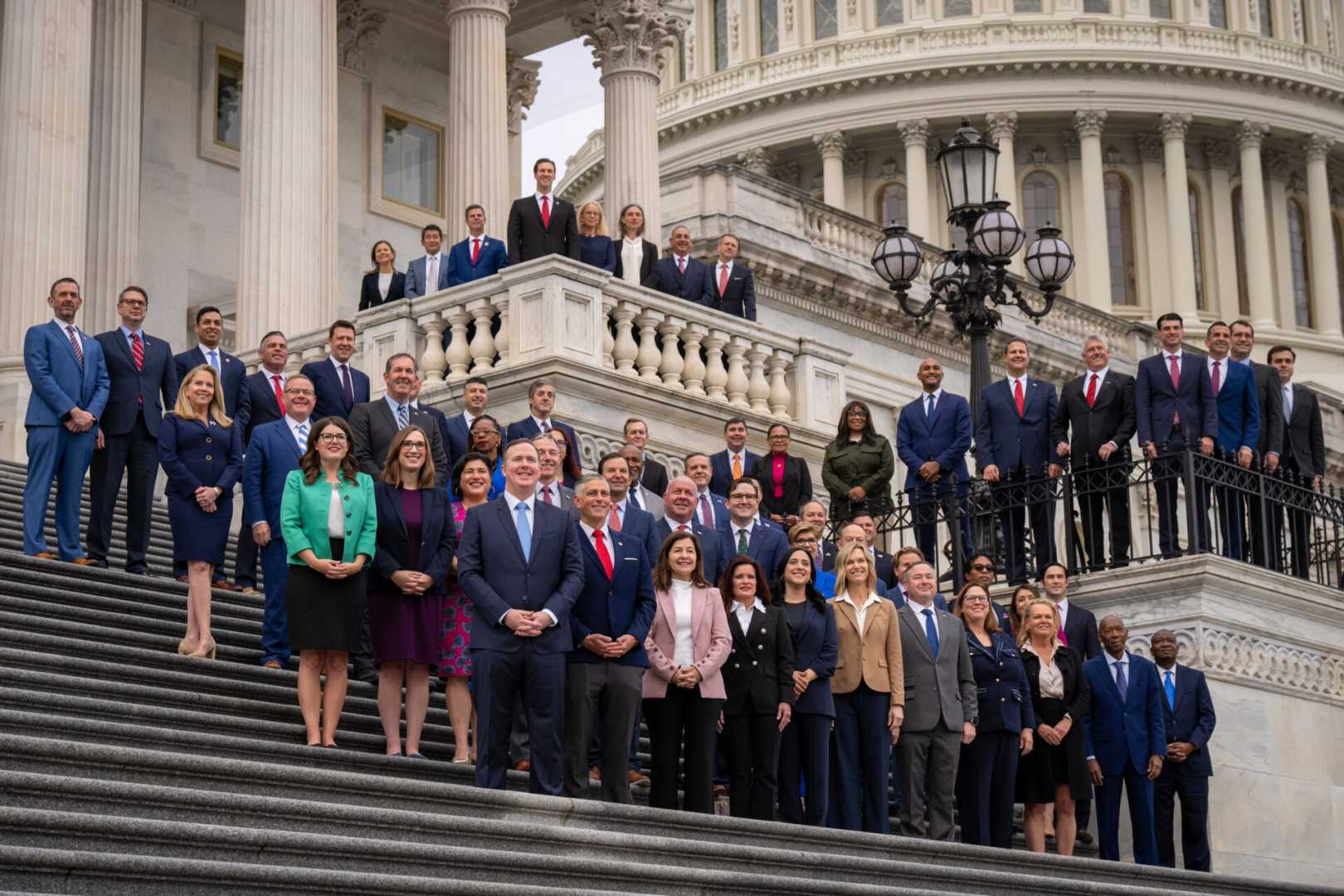Politics
Record 13 LGBTQ+ Members Sworn Into 119th Congress, Including First Trans Representative

WASHINGTON, D.C. — Thirteen openly LGBTQ+ members were sworn into the 119th Congress on Jan. 3, 2025, marking a historic milestone in LGBTQ+ representation in U.S. politics. The group includes the first openly transgender member of Congress, Sarah McBride of Delaware, and reflects a significant increase from the three openly LGBTQ+ members serving in 2009.
The analysis, conducted by the Pew Research Center, reveals that the 119th Congress includes one senator and 12 House members who identify as lesbian, gay, transgender, or queer. All 13 members are Democrats, with 10 returning lawmakers and three newcomers. Among them, six are gay men, and seven are women who identify as gay, lesbian, transgender, or queer.
“This growth in representation is a testament to the progress we’ve made, but there’s still work to do,” said Annise Parker, president of the LGBTQ+ Victory Fund, a political action committee that supports LGBTQ+ candidates. “LGBTQ+ Americans make up 7.6% of the population, but only 2.4% of Congress.”
The 119th Congress also marks the first time a transgender person, Sarah McBride, has been elected to the House of Representatives. McBride, a former Delaware state senator, has been a vocal advocate for LGBTQ+ rights and healthcare reform. “This is a historic moment not just for me, but for the countless LGBTQ+ individuals who see themselves reflected in their government,” McBride said during her swearing-in ceremony.
In the Senate, Tammy Baldwin of Wisconsin remains the only openly LGBTQ+ member. Baldwin, who was first elected in 2012, is the first openly gay U.S. senator in history. The absence of bisexual representation in Congress is notable, as former Sen. Kyrsten Sinema of Arizona, the only openly bisexual member of the 118th Congress, did not seek reelection.
At the state level, LGBTQ+ candidates achieved several historic firsts in the 2024 elections. In Texas, a bisexual candidate was elected to a full term in the state Senate, while Hawaii, Iowa, and Missouri each elected their first openly transgender state legislators. Additionally, Georgia and Wisconsin elected their first openly gay Black men to their respective state legislatures.
The Pew Research Center’s analysis is based on official biographies, campaign websites, and news reports. It excludes non-voting members and seats filled after Jan. 3, 2025. The data highlights the growing diversity of the U.S. Congress but also underscores the gap between LGBTQ+ representation in government and the broader population.












